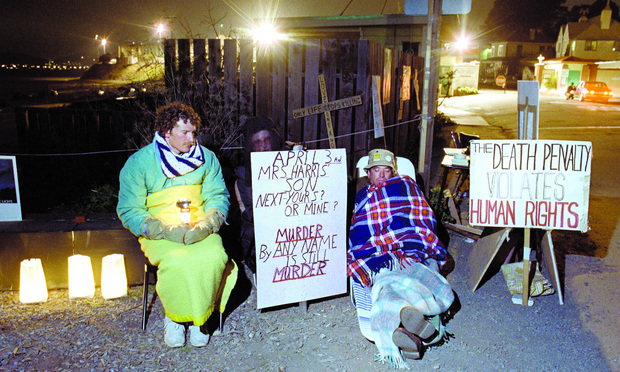The U.S. Supreme Court’s recent 5 a.m. order in a Texas voting rights case was rare, but not unprecedented. And it was rare only because of a little-known effort by the court in the 1990s to curtail postmidnight motions and orders — a campaign whose impact is still being felt.
Two decades ago, death row appeals filed at the eleventh hour — literally — were taking their toll on justices and clerks, as well as everyone else involved, from prison guards to victims’ survivors and capital punishment protesters.
This content has been archived. It is available through our partners, LexisNexis® and Bloomberg Law.
To view this content, please continue to their sites.
Not a Lexis Subscriber?
Subscribe Now
Not a Bloomberg Law Subscriber?
Subscribe Now
LexisNexis® and Bloomberg Law are third party online distributors of the broad collection of current and archived versions of ALM's legal news publications. LexisNexis® and Bloomberg Law customers are able to access and use ALM's content, including content from the National Law Journal, The American Lawyer, Legaltech News, The New York Law Journal, and Corporate Counsel, as well as other sources of legal information.
For questions call 1-877-256-2472 or contact us at [email protected]





